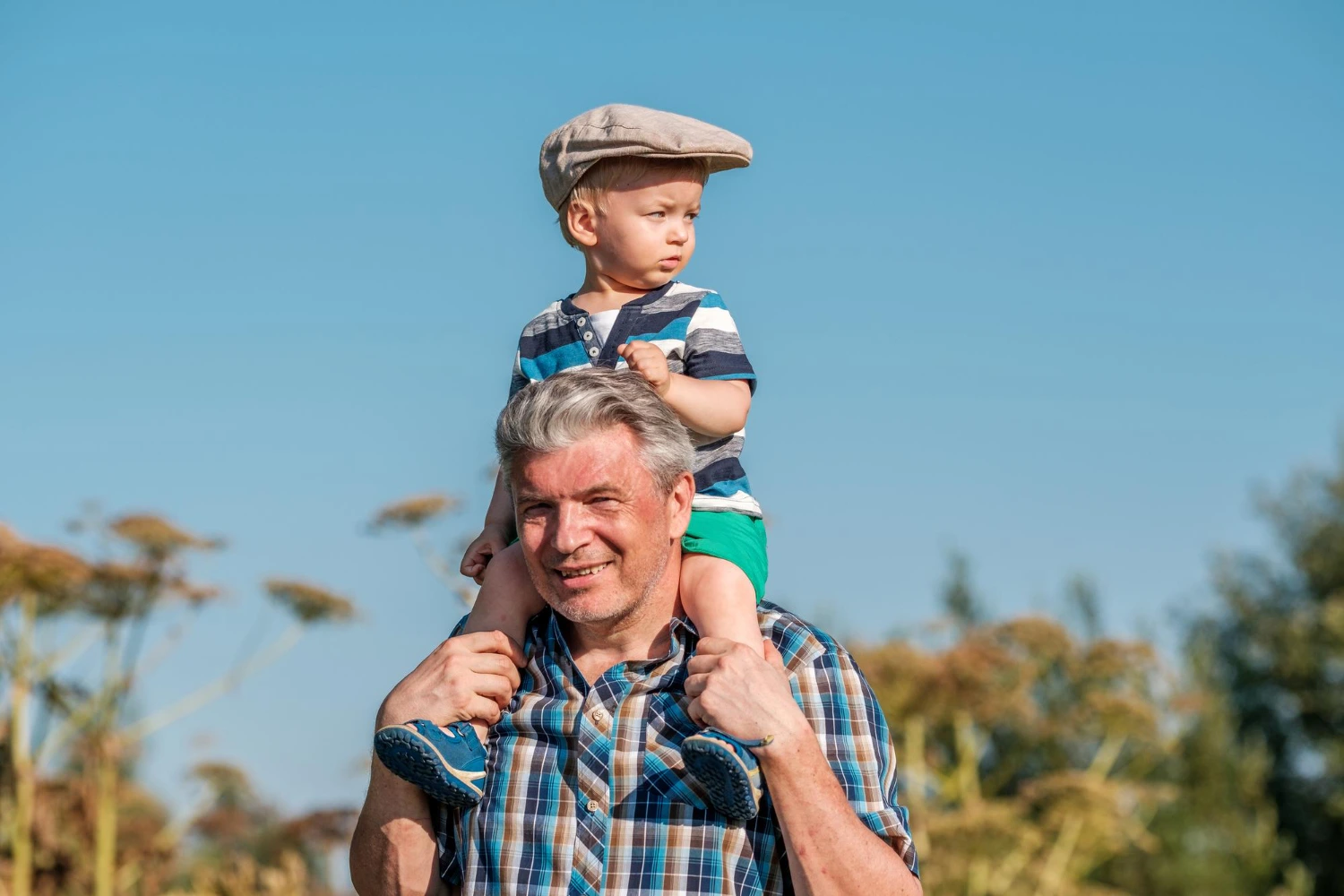Father’s Day holds deep significance for many families, but for men navigating the road to sobriety, it can carry a mix of emotions like joy, hope, regret, and even uncertainty. During fatherhood in addiction recovery, the day can represent both a celebration of how far they’ve come and a reminder of the relationships they’re working hard to rebuild.
At California Recovery Center, we believe that fatherhood in addiction recovery deserves to be acknowledged, uplifted, and supported. With the right tools, guidance, and emotional support, dads can heal from past struggles, strengthen family connections, and become the present, nurturing fathers they aspire to be.
The Reality of Fatherhood in Addiction Recovery
Drug addiction often disrupts more than just a person’s health; it fractures relationships, damages trust, and creates emotional distance, particularly between fathers and their children. Whether a dad is newly sober or has been recovering for years, navigating the responsibilities of fatherhood while staying committed to sobriety can be one of the most profound and rewarding challenges of his life.
Common emotional struggles fathers in recovery face include:
- Guilt or shame for time lost or mistakes made during active addiction
- Fear of judgment from children, partners, or extended family
- Uncertainty around how to reconnect or parent effectively
- Anxiety about maintaining recovery while fulfilling family obligations
But there’s good news: addiction recovery family support can make all the difference. Fathers who are actively engaged in their recovery and receive support from their loved ones often rebuild stronger, more authentic relationships.
Why Family Support Matters in Addiction Recovery
The process of healing and rebuilding doesn’t happen in isolation. Recovery is not just about abstaining from substances; it’s about learning how to live again, how to feel, communicate, and connect. And that’s where family support becomes essential.
At CRC, we recognize that recovery is most successful when loved ones are involved. Our approach to addiction recovery family support includes involving the entire family unit in therapy, education, and communication practices that rebuild trust and reduce isolation.
Key components of family support include:
- Family Therapy and Emotional Healing
We offer structured family therapy to help address unresolved issues, improve communication, and process painful experiences. For fathers in recovery, this can be a powerful space to acknowledge past behavior, listen to loved ones’ feelings, and begin to rebuild mutual understanding.
- Education About Addiction and Recovery
Many family members still misunderstand addiction, believing it’s a matter of willpower or moral failure. CRC’s family education programs help dismantle stigma and teach practical ways to support a loved one in recovery without enabling harmful behaviors.
- Family Sundays at CRC
Our Family Sundays provide a unique opportunity for families to visit, participate in group discussions, and spend quality time together in a safe, supportive environment. These weekly gatherings foster reconnection, bonding, and healthy interaction outside of formal therapy sessions.
How Fathers Can Rebuild Relationships with Their Children
One of the most meaningful parts of fatherhood in addiction recovery is reconnecting with children. Whether a child is young or grown, the process of repairing the relationship requires vulnerability, consistency, and patience.
Here are ways CRC encourages fathers to reconnect:
– Be Present and Consistent
Children, especially younger ones, need to see that their dad is available—not just physically, but emotionally. Recovery helps dads become more consistent, which builds security and trust.
– Open Honest Communication
Talking about addiction in age-appropriate ways can help children process their own feelings. Children benefit when parents are transparent about recovery and explain that change takes time and effort.
– Apologize and Take Accountability
A genuine apology can go a long way. When children hear their father take responsibility for past actions and express a desire to do better, healing can begin.
– Engage in Shared Activities
Whether it’s playing a sport, cooking together, or going for a walk, shared experiences are essential for rebuilding connections and creating new memories.
The Importance of Resilience in Recovery
Recovery isn’t a straight path; it comes with its ups and downs. Fathers must learn to navigate stress, disappointment, and temptation while continuing to grow as a parent. Resilience is key to staying committed not only to sobriety but also to being an engaged, emotionally available father.
At CRC, we help fathers build resilience through:
- Cognitive behavioral therapy (CBT) and trauma-informed care
- Life skills workshops that teach emotional regulation and communication
- Group therapy where dads can connect with others facing similar challenges
- Mindfulness exercises and wellness practices that reduce stress and improve focus
Being a father in recovery means learning how to handle life without substances, express love in healthy ways, and stay grounded even when things get tough.
Father’s Day is A Symbol of Healing and Hope
For fathers in recovery, Father’s Day is more than a holiday; it’s a symbol of resilience, growth, and second chances. It’s a time to reflect on how far they’ve come, and a moment to celebrate the possibility of a better future.
If you’re a dad in recovery, or supporting one, remember:
- You’re not alone; many men are walking this journey alongside you
- You are not defined by your past, but by the steps you’re taking now
- Your presence matters, even if you’re still rebuilding trust
- Every effort counts, even the small ones, in reconnecting with your family
Honoring the Journey of Fatherhood in Recovery
Rebuilding a relationship with your children and family after addiction is no easy task, but it is possible, and it is worth it. Fatherhood in recovery is a journey of transformation, not just for the father, but for the entire family.
This Father’s Day, CRC honors the strength it takes to face your past, the courage to ask for help, and the resilience to keep moving forward.
Whether you’re a dad in recovery or supporting one, remember: healing happens one step at a time, and no one walks this road alone.




